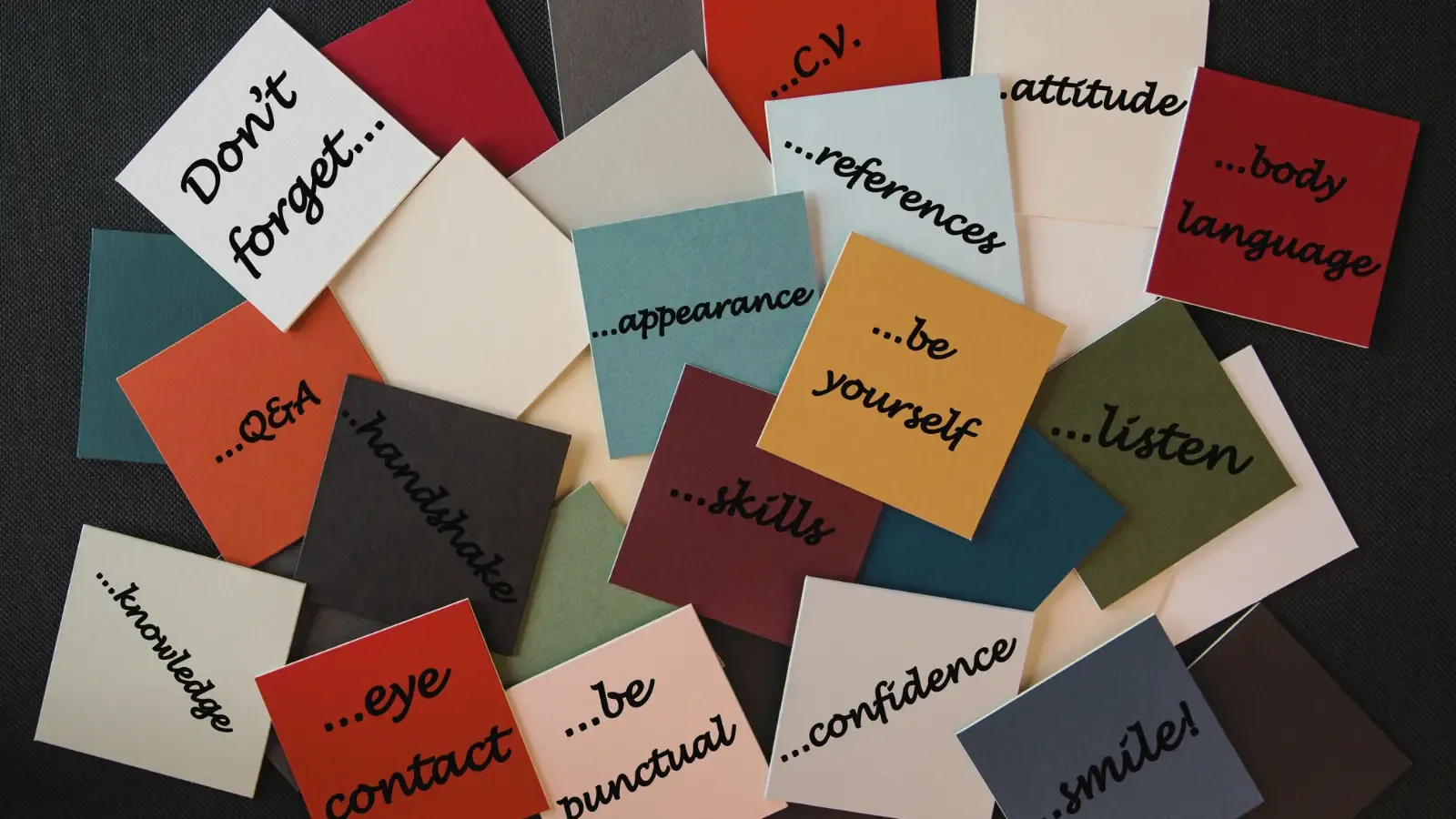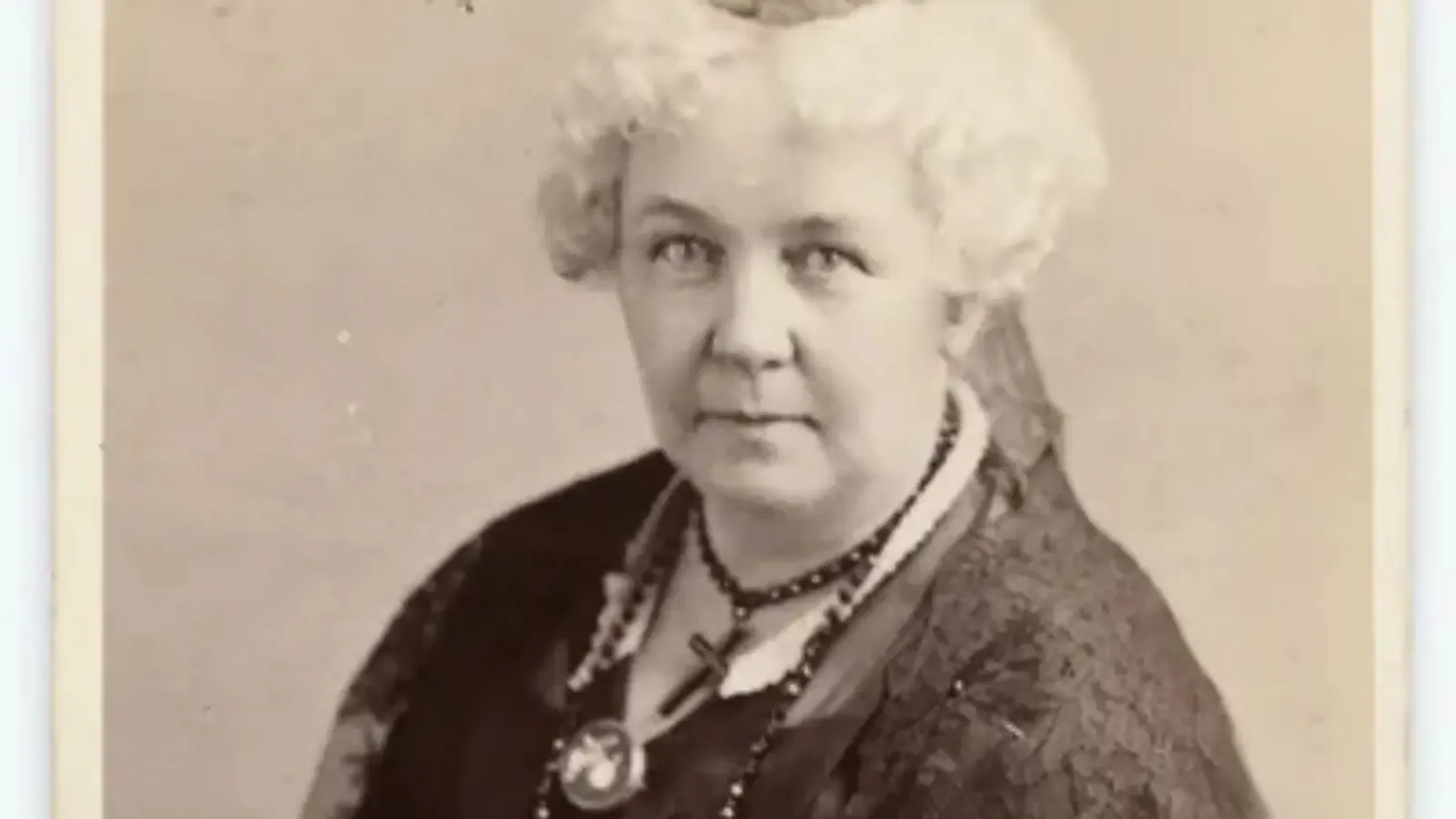You know those red flags everyone tells you to watch out for during a job search-the vague job descriptions, the interviewer who can't tell you why the last person left, the "we're like a family here" that really means "we'll expect you to work weekends without extra pay." But what about the green flags? Those promising signs that whisper (or sometimes shout), "This might actually be a great place to work!"
We sat down with Sarah Chen, an HR Director with over 15 years of experience at companies ranging from scrappy startups to Fortune 500s, to get the inside scoop on what job seekers should actually be looking for. Her insights? They're not always what you'd expect, and they might just change how you approach your next job hunt.
The Interview Process Itself Tells You Everything
1. They're Organized and Respectful of Your Time
"The first green flag appears before you even walk in the door," Sarah tells us. "If a company sends you a clear interview schedule, introduces you to everyone you'll meet beforehand, and sticks to the timeline they promised, that's gold. It shows they respect your time and have their act together."
Think about it-if they can't coordinate a one-hour interview without chaos, what does that say about how they'll manage projects or handle your workload? A well-organized interview process isn't just professional courtesy; it's a window into company culture.
What to look for: Timely email communication, a clear agenda sent in advance, interviewers who show up on time, and a structured process where each person knows why they're meeting with you.
2. Multiple People Want to Meet You

"When a company brings you in to meet various team members-not just your potential boss-it signals they value team dynamics and want to make sure you're a good mutual fit," Sarah explains. But here's the key: those meetings should feel purposeful, not like you're being passed around aimlessly.
Great companies use panel or sequential interviews to help you understand the role from different angles. You might meet your potential manager, a peer, someone from a related department you'd collaborate with, and maybe even someone more junior who can give you the real scoop on day-to-day life.
3. They Ask About YOUR Goals and Needs
This one surprised us, but Sarah was emphatic: "If an interviewer only talks about what they need from you and never asks what you're looking for in your next role, that's a red flag dressed up as an interview. Green flag companies? They want to know your career goals, what kind of environment helps you thrive, what matters to you in a workplace."
When a hiring manager asks questions like "What does success look like for you in this role?" or "What kind of management style brings out your best work?" they're signaling that they see this as a two-way street. You're not just a resume-you're a person with professional aspirations they want to support.
Transparency Is the Ultimate Green Flag
4. They're Upfront About Salary Range
"I cannot stress this enough," Sarah leans forward as she says this. "Companies that post salary ranges in their job listings or share them early in the process are telling you they value equity and don't want to waste anyone's time. It's 2025-salary transparency should be standard, not exceptional."
Beyond just sharing the range, pay attention to whether they can clearly explain how they arrived at that number. Can they talk about their compensation philosophy? Do they mention regular reviews or cost-of-living adjustments? These details matter.
"The best companies I've worked with have a clear compensation structure and aren't afraid to discuss it. If a company gets cagey about money or tries to delay the conversation, they're either disorganized or hiding something-neither is good."
5. They Give You the Real Story, Not Just the Glossy Version
Every company has challenges. The green flag isn't that a workplace is perfect-it's that they're honest about their imperfections. When Sarah asks candidates what stood out in their interviews, the best responses often include: "They told me about a project that didn't go well and what they learned from it."
"If everyone you meet acts like the company is paradise on earth, run," Sarah laughs. "But if they can openly discuss challenges while showing you how they problem-solve? That's authentic, and authenticity breeds trust."
6. They Can Clearly Explain Why the Position Is Open
Is this a new role? Did someone get promoted? Are they expanding the team? These are all great reasons. What you don't want to hear: vague responses, uncomfortable pauses, or the dreaded "It just wasn't the right fit" without further explanation.
"A company that's comfortable explaining their situation-even if the previous person left for more money or a better opportunity-shows they're self-aware and professional," Sarah notes. It also helps you understand what you're walking into.
Cultural Green Flags That Matter
7. Current Employees Actually Seem Happy
This might seem obvious, but Sarah says many candidates overlook it. "When you're meeting team members, do they seem engaged and enthusiastic? Are they asking you genuine questions? Can they articulate what they like about working there?"
Watch for energy levels, body language, and whether people speak positively about their colleagues and leadership. You can usually spot the difference between genuine enthusiasm and scripted talking points.
Pro Tip: If you get a chance to meet potential coworkers, ask them: "What's been your favorite project to work on here?" or "How has your role evolved since you started?" Their answers will tell you a lot about growth opportunities and job satisfaction.
8. They Have Clear Growth and Development Paths
"When I ask hiring managers how they support professional development, the best ones light up," Sarah shares. "They can tell you about their mentorship programs, learning budgets, internal mobility, or how they've helped team members level up."
This isn't just about climbing the corporate ladder-it's about whether the company invests in your growth as a professional. Do they offer training? Support conference attendance? Have a system for skill development? These investments signal they're thinking long-term about their employees.
9. Work-Life Balance Is Talked About Proactively
"You shouldn't have to ask about work-life balance-they should bring it up," Sarah insists. Green flag companies discuss their policies around flexible work, PTO expectations, and how they handle busy seasons before you even inquire.
Listen for specifics: Do they mention core hours or complete flexibility? How do they handle doctor's appointments or family emergencies? When they say "unlimited PTO," do team members actually use it? (Spoiler: unlimited PTO can sometimes be a red flag if there's unspoken pressure not to use it.)
10. Diversity and Inclusion Are Visible, Not Just Buzzwords
Sarah gets particularly passionate about this one: "Look around. Who's interviewing you? If you're meeting an all-male leadership team for a company claiming to prioritize diversity, that's data. Green flag companies don't just talk about inclusion-you can see it in their interview panels, their website team photos, and their leadership."
It's also worth noting whether they have Employee Resource Groups, diversity initiatives they can specifically describe, or policies that support different types of employees (parents, caregivers, people with disabilities, etc.).
The Logistics Matter Too

11. The Benefits Package Is Comprehensive and Clearly Explained
"I always tell candidates to pay close attention during the benefits overview," Sarah advises. "Companies that truly care about their employees have thought through the whole package-not just health insurance, but mental health support, parental leave, retirement matching, and those little perks that show they understand modern workers' needs."
Green flag companies will have someone (usually from HR) walk you through benefits in detail, answer your questions, and provide written documentation you can review. They won't rush through this part or treat it as an afterthought.
12. They Provide Clear Next Steps and Timeline
"At the end of an interview, you should know exactly what happens next and when," Sarah emphasizes. "Will they call you by end of week? Is there another round? How many candidates are they considering? Professional companies communicate this clearly."
And here's a bonus green flag: they actually stick to that timeline. If they say they'll get back to you in three days and they do (even if it's just to say they need more time), that's excellent follow-through.
Questions to Ask That Reveal Green Flags
Sarah shared some of her favorite questions that help surface green flags during interviews:
- "How do you measure success for this role in the first 3, 6, and 12 months?" This reveals whether they have clear expectations and a plan for your integration.
- "Can you tell me about someone on the team who's grown significantly in their career here?" If they can give specific examples with pride, that's a great sign.
- "What do you wish you'd known before starting here?" This question invites honesty and can reveal both challenges and how the company has evolved.
- "How does the company support employees during difficult times-personally or professionally?" The answer tells you a lot about their values in action.
- "What's your favorite thing about working here?" Simple, but powerful. You're looking for authentic, specific answers-not corporate speak.
Remember: An interview is a two-way evaluation. You're not just trying to impress them-you're assessing whether this is where you want to spend 40+ hours of your week. Ask questions. Take notes. Trust your gut.
The Biggest Green Flag of All
"You want to know the ultimate green flag?" Sarah asks as we wrap up our conversation. "It's when you walk away from an interview feeling energized and valued, not drained and anxious. When a company makes you feel like they'd be lucky to have you-not the other way around-that's when you know you've found something special."
She continues: "Great companies understand that hiring is a mutual selection process. They're not doing you a favor by considering you, and you're not desperate for any job that'll have you. You're two parties exploring whether there's a good match. That respect should permeate every interaction."
Job hunting can be exhausting and sometimes discouraging, but knowing what to look for can transform the process from a desperate search into an empowered evaluation. These green flags aren't about finding a perfect company-they don't exist. They're about finding a workplace that aligns with your values, respects you as a professional, and offers room for growth.
"Trust your instincts," Sarah's final advice resonates. "If something feels off, it probably is. But when you see these green flags-when a company shows up as organized, transparent, and genuinely invested in finding the right fit-that's worth getting excited about."
So the next time you're in an interview, don't just focus on giving the right answers. Pay attention to the signals the company is sending. Because the best job isn't just one you can do well-it's one where you can thrive, grow, and maybe even look forward to Monday mornings. (Well, most of them, anyway.)
 THE WORKING GAL
THE WORKING GAL





